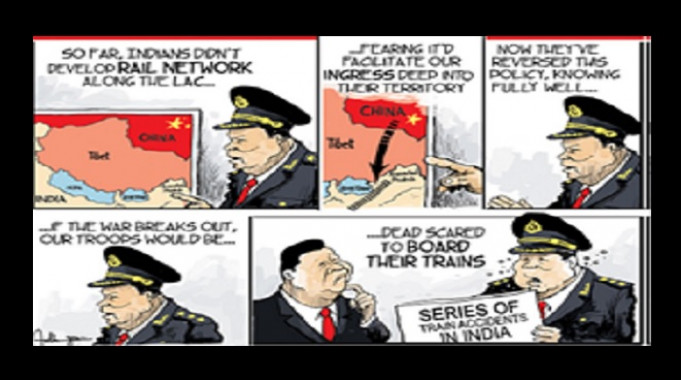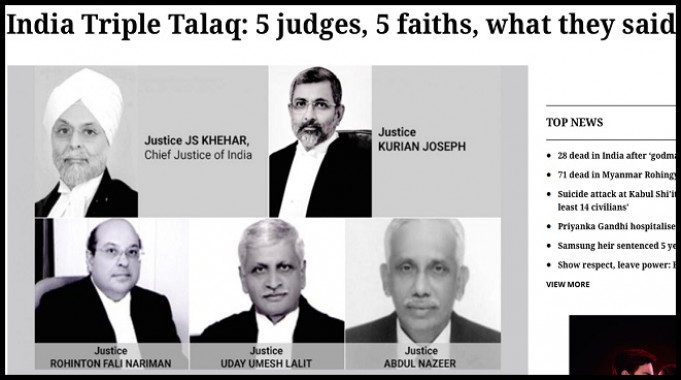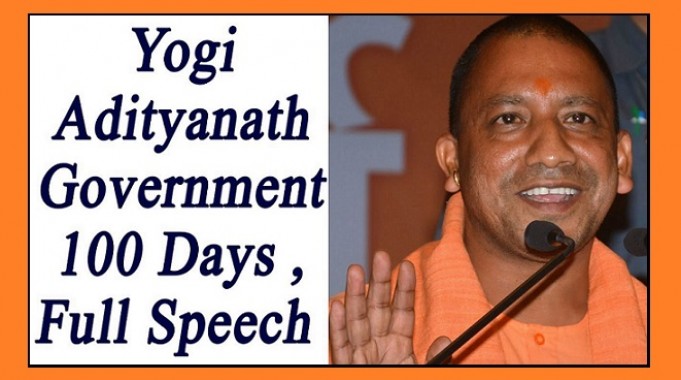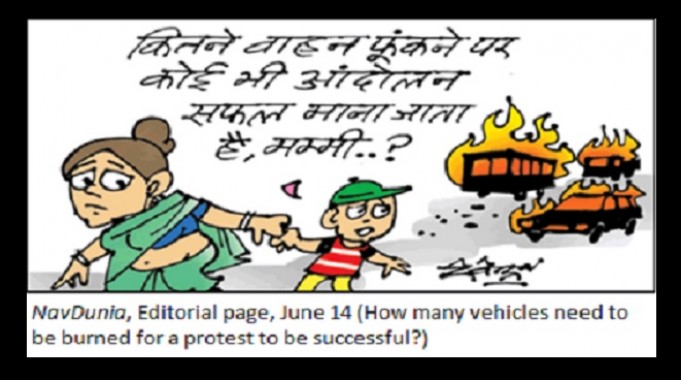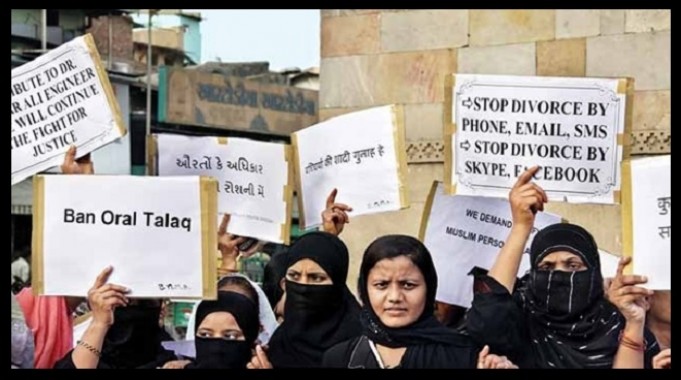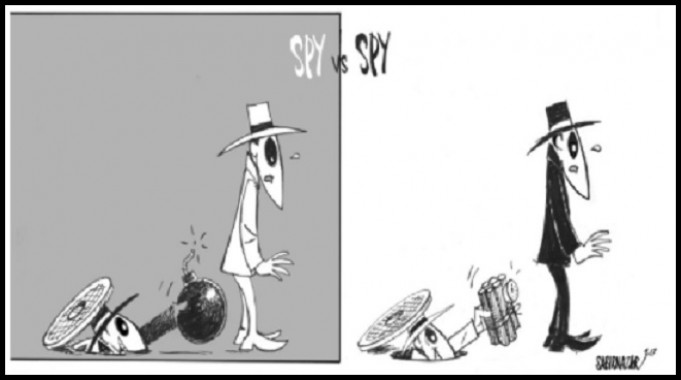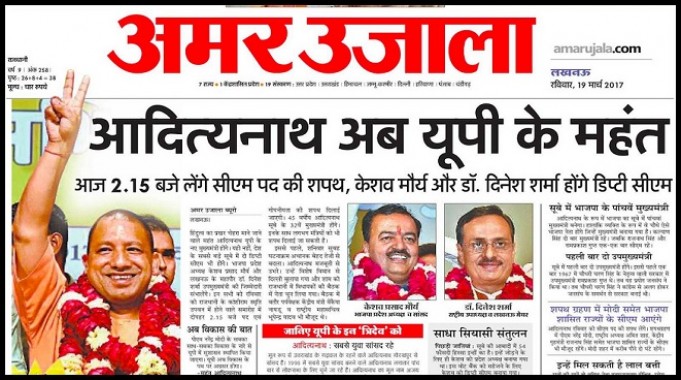BY ANKITA PANDEY|
IN MEDIA MONITORING
|03/09/2017
Indian cartoons poked as much fun at us as at China and questioned our foreign policy. But China’s cartoons were consistently sneering of India and loyal to the state
BY ANKITA PANDEY|
IN REGIONAL MEDIA
|26/08/2017
The media in Pakistan and West Asia gave wide coverage to the landmark ruling but recognition was tempered by suspicion of the BJP's intentions.
BY ANKITA PANDEY|
IN MEDIA PRACTICE
|17/07/2017
According to four papers, it was 'pretty good’. Amar Ujala and Dainik Jagran’s coverage was positive while Express and ET were less so - but only slightly.
BY ANKITA PANDEY|
IN MEDIA MONITORING
|28/06/2017
A farmers’ agitation that turned violent resulting in six deaths in Mandsaur, MP, prompted a detailed analysis in both the Nai Dunia and the Indian Express
BY ANKITA PANDEY|
IN MEDIA MONITORING
|10/06/2017
Coverage of the issue in two publications which focus on Indian Muslims suffered from omissions and contradictions.
BY ANKITA PANDEY|
IN MEDIA BUSINESS
|10/05/2017
Latest data released by ABC on May 8, 2017 highlighted continuing growth of print media, but other data suggests that future growth of print will be slower than other media.
BY ANKITA PANDEY|
IN MEDIA MONITORING
|03/05/2017
The media stood by the ‘’national interest” of their respective countries instead of critically examining the case
BY ANKITA PANDEY|
IN REGIONAL MEDIA
|05/04/2017
While the English press focused on abattoirs and anti-Romeo squads, reporting in the Hindi press ranged across a wide canvas of pressing issues.
BY ANKITA PANDEY|
IN MEDIA MONITORING
|25/02/2017
Of all the parties in the UP election, the BJP received more coverage in Amar Ujala and Dainik Jagran, mainly because it had more star campaigners.
BY ANKITA PANDEY|
IN MEDIA MONITORING
|25/02/2017
Dainik Jagran and Amar Ujala were pretty balanced but one striking failure was putting tough questions to politicians on behalf of their readers
Subscribe To The Newsletter


